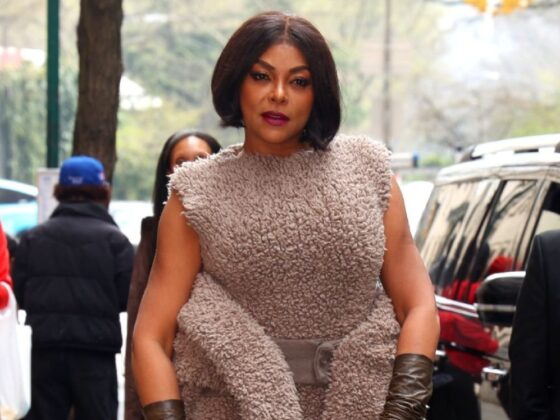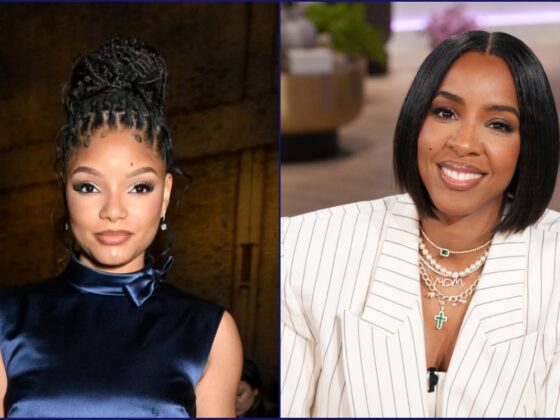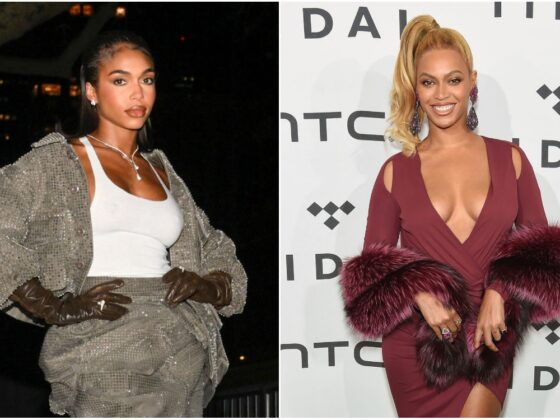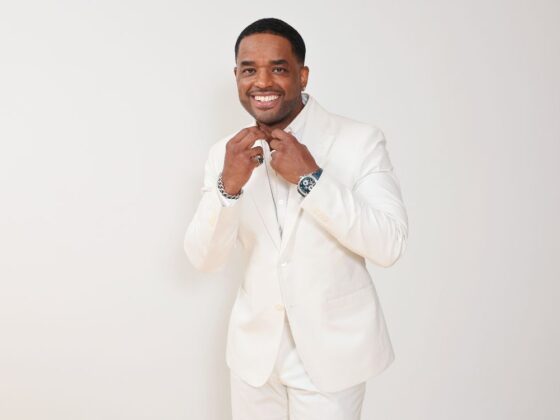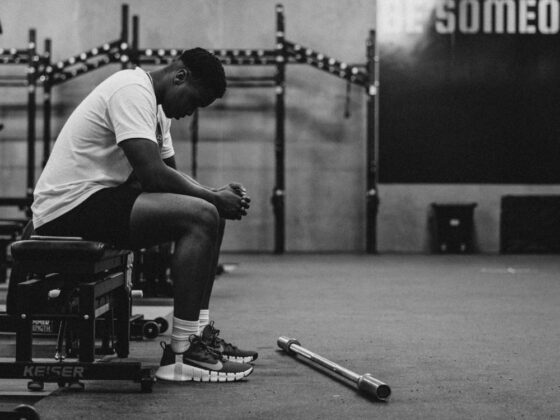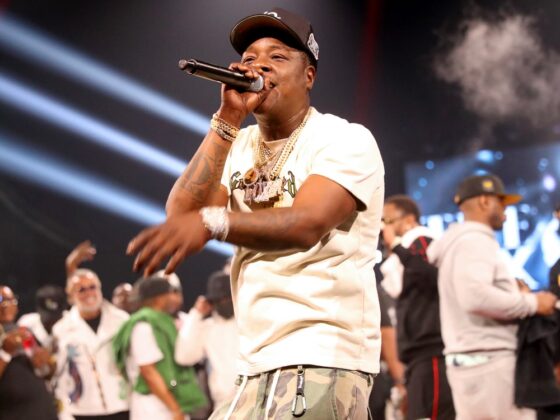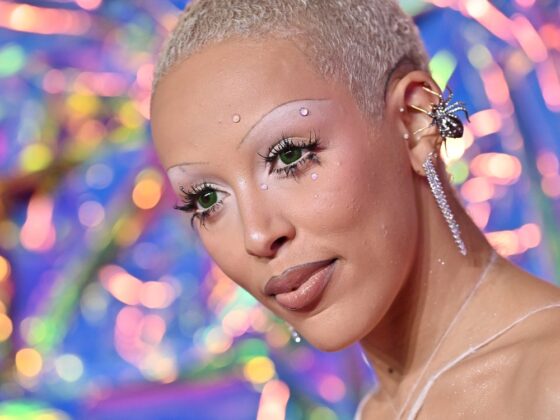The 31st day of Sean “Diddy” Combs‘ federal trial has been a critical day of courtroom drama, as closing arguments continued and the case is nearing its conclusion. Defense attorney Marc Agnifilo began the day addressing jurors in a long three-hour argument, aimed at discrediting the prosecution’s narrative that Combs led a criminal kingdom with a focus on sexual exploitation and abuse. The courtroom proceeding was tightly timetabled, with the government rebuttal and instructions to the jury to follow later on.
Defense Makes Final Appeal to the Jury
Agnifilo’s argument unfolded before the engrossed jury and visibly rapt Combs, who sat by his attorneys throughout most of the morning. The defense worked hard to portray Combs as an upwardly mobile Black entrepreneur and highlighted that the prosecution’s case was one of disapproval of lifestyle, not criminality. Agnifilo based his case on the testimony of former employees who, while conceding to erratic behavior, defended Combs and characterized him as charitable and charismatic.
The defense conceded the existence of acts of violence, such as Combs’ assault of Cassie Ventura in 2009, but asserted these were not racketeering, kidnapping, or sex trafficking. Agnifilo minimized Ventura’s claims of being pulled into a hotel, stating she was taken there to preserve her privacy and that the act lacked intent to be considered kidnapping.
Defense Counter’s Individual Testimonies
The attorney responded to testimony from “Mia,” a former assistant who testified Combs coerced her and sexually assaulted her. Agnifilo pointed to her former social media posts and messages, showing a consensual and intimate relationship rather than one made up of force or manipulation. He claimed the government twisted consensual relationships into criminal acts and recalled that forced labor and trafficking are about unwilling participation, which was absent in Mia’s case, according to the defense.
Ventura’s defense attempted to relocate her as a subject with control and agency. Alluding to social engagements with actor Michael B. Jordan and past social interactions, Agnifilo argued that Ventura was not the vulnerable victim presented by the prosecution but a woman who made her own choices. He discredited her rape allegations after their 2018 breakup on the basis of friendly messages she had sent Combs in opposition to her accusations.
Drugs, Lifestyle, and Charges of Enterprise
The defense also responded to accusations concerning possession of drugs and purported drug dealing. Agnifilo admitted Combs did have recreational drug use, but denied the drug trafficking and the use of narcotics to conduct criminal businesses. He portrayed the relationship between Combs and Ventura as one between consenting adults who had an alternative, open sexual relationship, declining the government’s definition of it as sex trafficking.
Agnifilo called attention to the infamous 2016 hotel incident, suggesting that video footage portrayed a domestic dispute over a phone rather than a violent assault. He also disputed allegations that Combs destroyed Kid Cudi’s car with a Molotov cocktail, calling the accusation unsupported by evidence and labeling it a distraction from the core charges.
Government Rebuttal and Judge’s Instructions Ahead
Once Agnifilo has completed making his case, government lead prosecutor Maurene Comey will present the government’s rebuttal in what could be an attempt to convince jurors of criminal intent on Combs’ part. U.S. District Court Judge Arun Subramanian will then instruct the jury, a process that could last up to two hours. The instructions will help the jurors take the law and apply it to the evidence presented at trial, which ran for a month.
If the schedule is kept, jurors may begin deliberating late Friday afternoon or early Monday morning. The case, which was characterized by highly emotional testimony and complex legal issues, now hinges on how the panel perceives the ultimate phase of court debate, as closing arguments continue and the jury will determine Combs’ fate.




